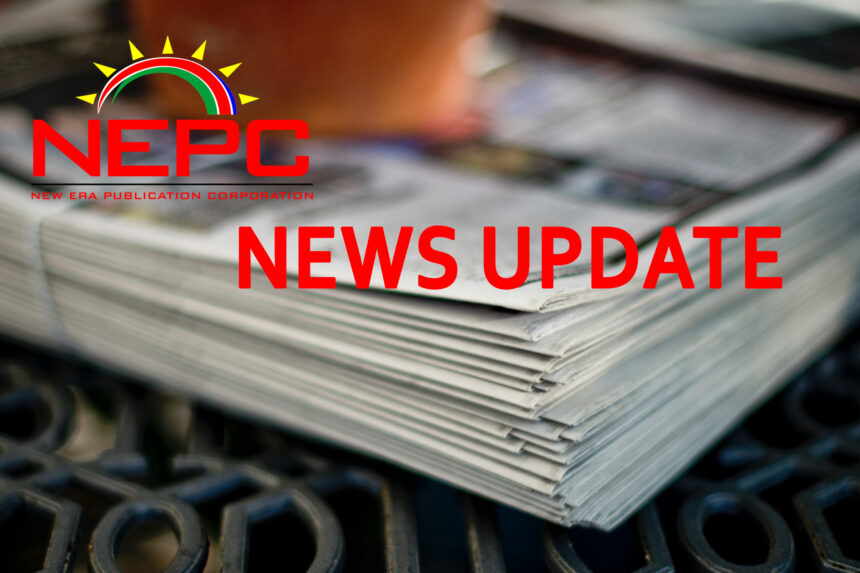George Sanzila
WINDHOEK – Speaker of the National Assembly, Professor Peter Katjavivi, has hailed an expert meeting on the production of resource material on national liberation movements in Southern Africa.
The meeting was recently held at Parliament in Namibia as a yardstick for the SADC regional integration.
The two-day meeting, organised by UNESCO, was aimed at documenting the roles played by liberation movements in the SADC region and creating awareness of linkages in order to promote unity. Experts from various SADC countries were gathered for the meeting hosted by Namibia.
Katjavivi feels that the harmonisation of material on liberation movements in SADC is a step in the right direction that would likely be incorporated in the school syllabuses and, therefore, promote regional integration.
“This project brought together SADC countries to reflect on the history and come up with reliable piece of information, which could be uniformly taught in the school curricula in SADC thereby contributing to regional integration,” said Katjavivi, a former University of Namibia vice-chancellor.
The speaker noted that the project would help raise awareness and impart knowledge regarding the contribution of national liberation movements to the freedom of the region, particularly with the youth and the future generation.
Katjavivi further revealed that similar projects have been undertaken in the past, urging for more comprehensive and quality research, and documentation.
“This project is closely following in the footsteps of a similar project which was named the SADC Hashim Mbita Project that covered SADC liberation struggles from 1960-1994. The government of Namibia in partnership with the University of Namibia has also embarked upon a similar project called ‘the history of the Namibian liberation struggle’. We need to find out more and ensure quality control,” cautioned Katjavivi.
Katjavivi also chairs the Southern African Research and Documentation Centre (SARDC) that forms part of the project and an institution that produces research and information that assists development policies in Southern Africa focusing on 15 SADC member states in partnership with several research institutes that make up the body.
The Director of the UNESCO Regional office, Professor Hubert Gijzen, noted that the project would help address contemporary challenges such as that of xenophobia that are stifling unity and development in the region.
“The aim is to utilise the diverse experiences of the liberation struggle in Southern Africa to help the region address its contemporary challenges of xenophobia and other forms of discrimination as well as to promote tolerance, unity and social cohesion,” stated Gijzen.
According to Prof Gijzen, the Southern African region serves as a beacon of hope in terms of peace and development but paradoxically faces many socio economic and political challenges hence the project that seeks to raise awareness and impart knowledge on the inter connectedness of the region.
“Southern Africa is the most developed and most peaceful region in Sub-Saharan Africa. These are excellent pre-conditions to allow sustainable growth and social transformation. However, there are challenges and social divisions and tensions. The SADC region has the highest inequalities globally. We have also witnessed, in recent years, a rise of civil unrest and xenophobia,” bemoaned Gijzen.


